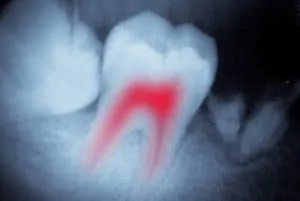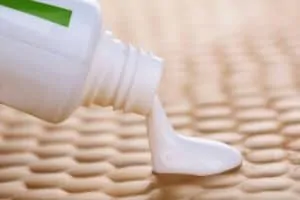
What is Gluten?
In short, gluten is a mixture of proteins that are found in rye, wheat, and barley. It helps food stay together and keep their shape. Many foods, drinks, and even condiments contain gluten, although gluten-free alternatives are on the rise.
The Effects of Gluten on Oral Health
When someone with a gluten intolerance eats something containing gluten, their immune system reacts abnormally and doesn’t allow the absorption of certain vitamins, including vitamin D. This is concerning for teeth because vitamin D helps build strong enamel. Without vitamin D and without the protection of enamel, teeth are left exposed to decay and other oral health problems. According to a study by the European Journal of Internal Medicine, 85% of those with celiac disease have enamel damage. What’s even more concerning is that once enamel is gone, it doesn’t come back.
Other Oral Health Concerns
Enamel loss due to a lack of vitamin absorption is only one concern for gluten-sensitive people, although a pretty big one. Additional oral health concerns due to gluten ingestion include:
- Chronic canker sores
- Swollen, red gums
- Tooth discoloration
- Teeth that are thin or look transparent
- Pitting in the teeth
- Misshapen teeth
What Can You Do?
If your teeth have lost the protection of their enamel, they’re discolored or misshapen, or are at risk for falling out, whether due to celiac disease or not, there are ways to help. Dental implants can restore missing teeth permanently, cosmetic dentistry can transform tooth shape or color, and restorative treatments can bring teeth back to health and strength. Contact your dentist in Asheboro to discuss which options may be best for you.
Accepting patients from Asheboro, Randolph County, Randleman and the surrounding areas.















